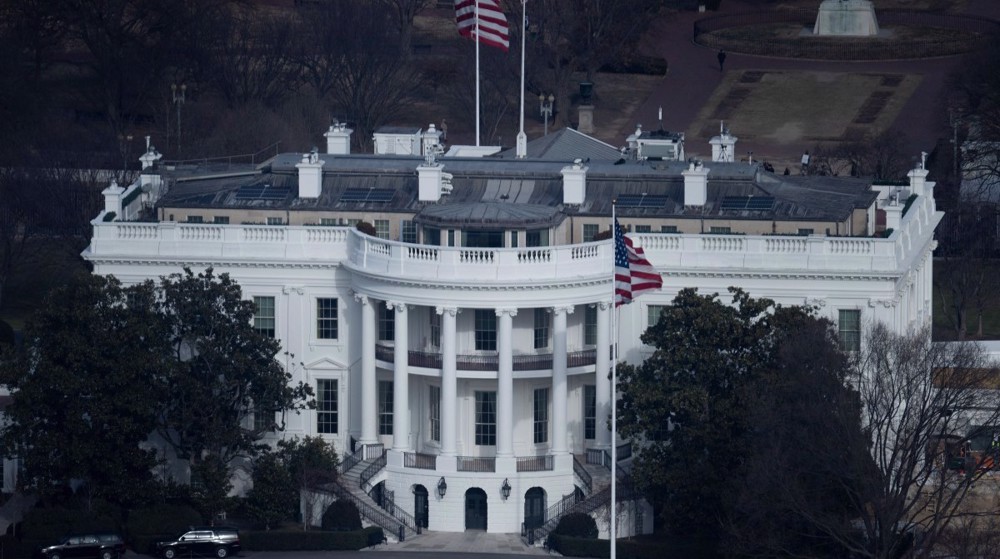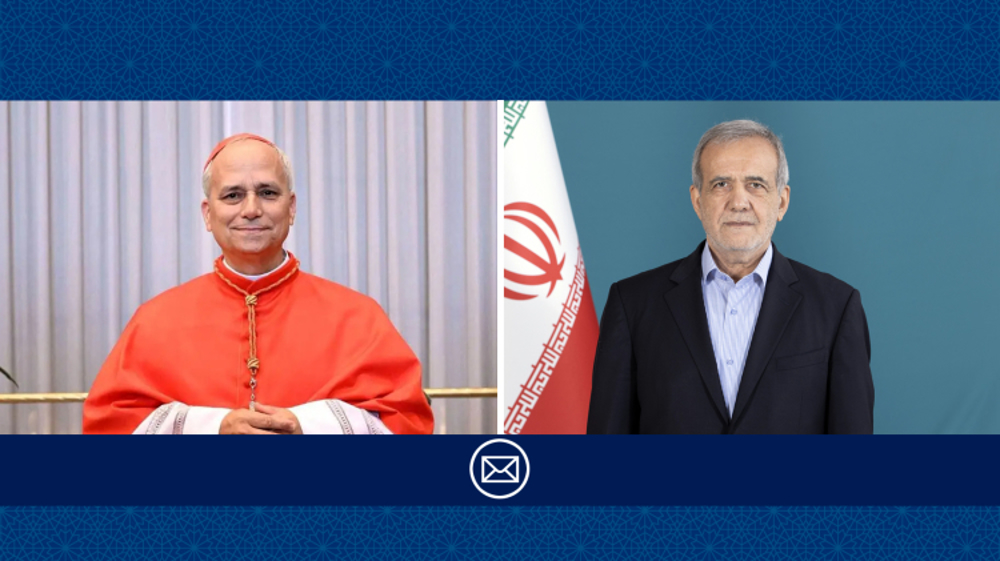Neuroscience of terrorism: Why can a terrorist kill self and others?
When an act of terrorism occurs, what is usually reported are the facts. And even in second-day stories, we often hear about the sociopolitical ramifications of the incident or the political posturing of the perpetrators, and hardly about the true motives of the actual agents.
In our journey to understand the neural pathways of a terrorist’s mind -- after a general walkthrough of the possible dogmas that can make a young brain susceptible to Takfiri recruiters – we face the question of motive. How can we design counter-terrorism strategies when we do not understand the why of a terrorist act?
Why?
The general goals of a terror act is common knowledge; instilling fear in the enemy, retaliating a loss, or in general anything that can make a terrorist group – like Daesh – stay in the news, given the terrorists are afraid of being seen as irrelevant or obsolete. But for each and every decision that is made in the brain of an individual, there must be a personal explanation or motive, something that drives the organism along the way to harm others or -- quite counterintuitively – himself.
Uncovering the inner workings of a terrorist’s brain is no easy job because even the surviving or captured ones will not talk about their own selves, as they feel they are part of a bigger narrative, but let’s remember that all the terrorist operations are a chain of decisions by individual agents who are human beings and, thus, powered by emotions -- technically chemicals.
In most cases, the actual doers of the act of killing are young people, who are even less mindful that their behaviors are the manifestations of the interactions of hormones and neurotransmitters in their body.
Neuroscientist Kent Kiehl, the author of The Psychopath Whisperer, says most of the people who engage in any terrorist activity are in the growth age, and the adolescent brain relies heavily on the amygdale, whose primary role is emotional reactions and the processing of memory, and less on the prefrontal cortex, which is the center for judgment, decision-making, and moderating social behavior.
Why not?
To understand how a terrorist’s brain can justify the killing of many people whose lives or deaths have no correlation to it, or even can -- in suicide attacks -- overcome its biological urge to continue being, let’s think about why we do not do things. When we are reflecting on an idea to make a decision, we are mentally weighing the consequences or rewards that the possible decision would ensue; basically for every decision we are asking ourselves why not.
Of course, this is the case for rational decisions: making choices through prioritizing and optimizing alternatives. When a terrorist is about to detonate a bomb – regardless of whether or not he is wearing it – he does not seem to be contemplating the outcomes; or at least the most immediate outcomes. So what ideas or ideals are ruling the moment? A longer-than-his-lifespan social identity as an infamous terrorist? Better lives for family members or compatriots thanks to those who ordered the killing? A promising afterlife according to mal-interpretation of a sacred script?
Neuroeconomist Gregory Berns believes that if the terrorists are killing and dying following “logic of moral appropriateness,” this is why almost all of the counterterrorism strategies fail, since they are based on the logic of military and economic consequences, something the terrorists are insensitive to. Takfiri recruiters seem to know how to numb the pain of killing to overturn ethical or moral values in young members to parasitize their cognition with a false image depicted by a Takfiri hermeneutic.
Terrorism expert John Horgan says radicalization is not always the case as “there are far more people out there who are radicalized in thought and action than will ever become involved in terrorism.” He strengthens his point by citing researches that have found examples of people engaged in terrorist activities who are not necessarily radicalized, underlining that “they are motivated more by excitement, adventure, camaraderie, the chance to do something significant with their lives,” or simply because they are emotionally attached to a family member who is involved.
He argues that it is almost impossible to understand the why of terrorist acts, as the terrorists themselves do not know their exact mental processes, and only find themselves going along with a flow of events or being inspired by some significant others in their lives. Horgan believes it is more helpful to switch the question to how somebody gets involved in terrorism in order to find commonalities among the terrorists.
All in all, terrorists -- from national separatists such as the Irish Republican Army and social revolutionary radicals such as The Shining Path to Takfiri extremists such as Daesh and al-Qaeda -- are human beings, whose brains seem hardwired to be working more on feeling than absolute utilitarian reasoning. Nietzsche says, “Thoughts are the shadows of our feelings -- always darker, emptier, and simpler.” Let’s hope for actions with richer and brighter realization in our somber world.
Freedom of speech, right to protest under assault in UK
Border guards seize cache of weapons, ammunition near Iran-Afghanistan border
Grok to power classified programs as Musk's xAI secures deal with Pentagon
Iraqi FM tells US envoy: Government formation ‘internal matter’
Israel killed Gaza aid workers in ‘execution style’ massacre in 2025: Report
Participation shrinks at Israeli arms expo in wake of Gaza genocide: Report
Venezuela calls on UN to pressure US for Maduro’s immediate release
Hamas: Israel seeks to break Palestinian abductees’ will through abuse










 This makes it easy to access the Press TV website
This makes it easy to access the Press TV website